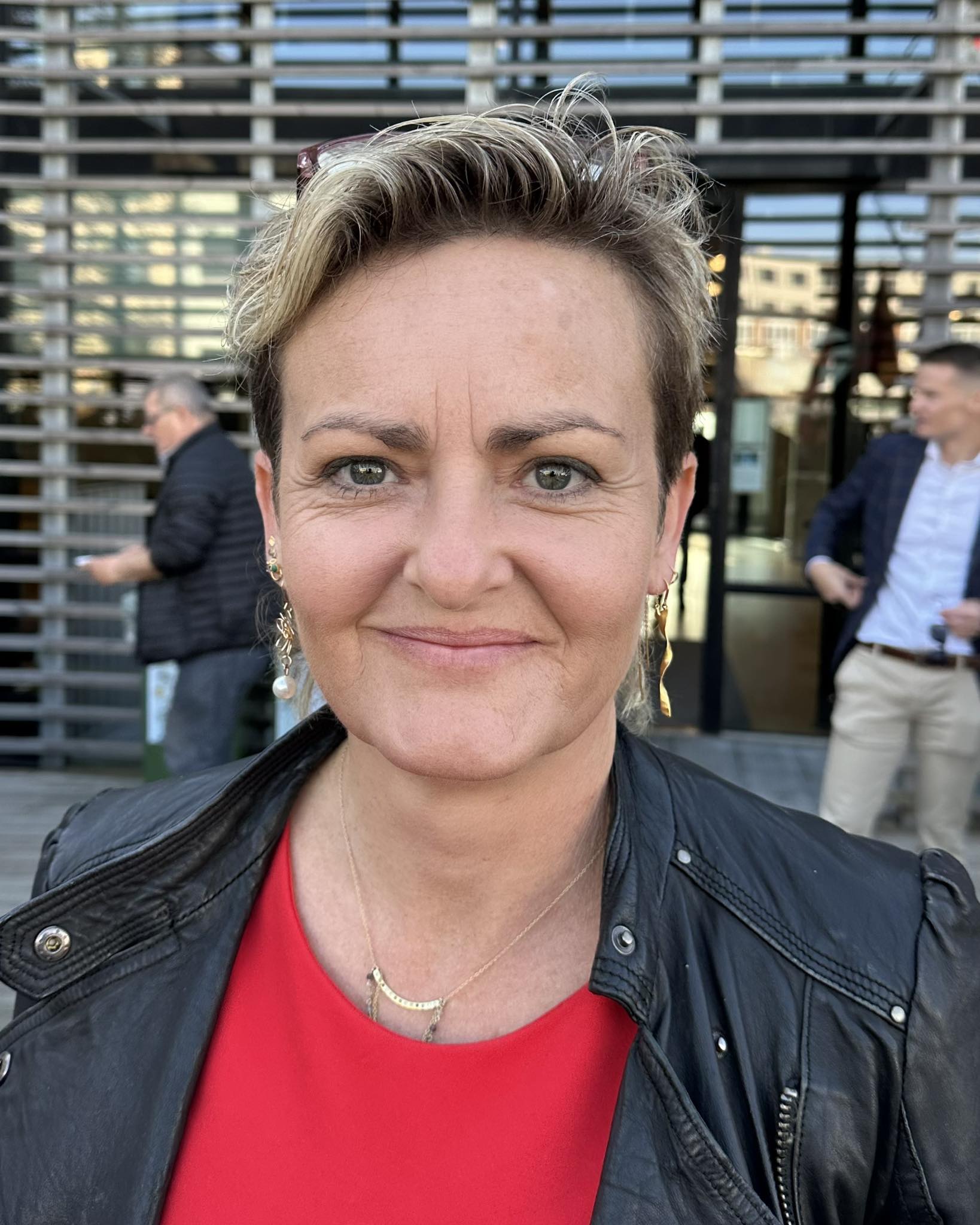Since September 1, an AI program designed to detect cardiac arrests has been saving lives by listening to our 112 calls and detecting heart attacks.
The groundbreaking technology has shown a success rate of 90-95 percent in recognising heart attacks.
The Danish Heart Association is thrilled with the breakthrough. This new technology could be used to detect a large assortment of other life-threatening diseases, including blood clots and brain haemorrhages.
More than 4,000 people in Denmark have heart attacks outside of hospital every year, and it is strongly believed this technology will help save lives.
How walking 30 minutes a day can give you three years of extra life
A new book by Professor Bente Klarlund Pedersen argues that long walks may be one path towards a happier life, longevity and becoming a great philosopher. ‘Gå-bog’, which was released on August 20 by the Rigshopitalet-based health expert, argues that walking a mere 30 minutes a day can increase a woman’s life expectancy by half a year, and a man’s by three years, simply by decreasing stress and anxiety levels. At the same time, walking for an hour a day can decrease the likelihood of 35 different diseases while increasing creativity and happiness. After all, many of the great philosophers have said walking is where most of their work was done.
Mobile phones damage early childhood connection
Danish child psychologists warn that your mobile phone will hurt vital early connections in childhood formed between parent and child. Svend Aage Madsen, the head of research at the clinic of psychology at Rigshospitalet, explained that “a strong and safe relationship is a prerequisite for understanding yourself and others,’’ warning that relationships harmed by phones can leave the children emotionally confused, and that children with weak connections struggle in early years to understand social signalling. However, the researchers do say that the issues can be repaired later in life.
Millions in compensation for 300 patients infected in hospital
It has been confirmed that Danish hospitals have paid out a total of 784 million kroner in compensation to patients infected whilst they were in their care. An estimated 60,000-100,000 patients are infected every year in Danish hospitals. Since 2013, there has been an active effort to decrease the number of hospital infections through better hygiene, focusing on blood tests and catheters. The average compensation is around 254,000 kroner per patient.












